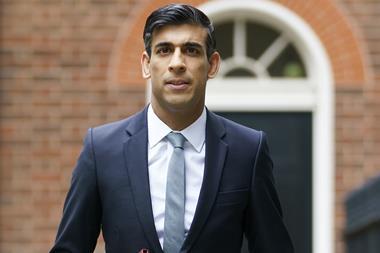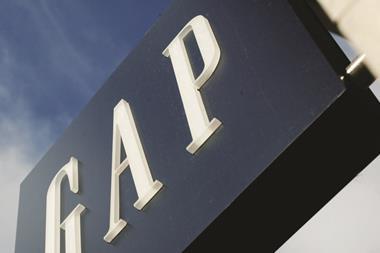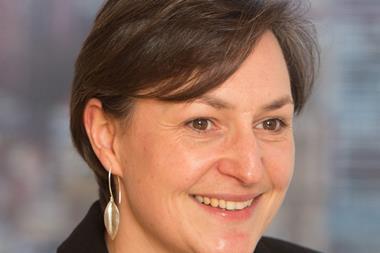Chancellor of the exchequer Rishi Sunak has unveiled changes to the furlough scheme which will see employers contribute 20% of all staff salary by October.
Sunak, who was speaking at the government’s daily coronavirus press briefing, said the furlough system would continue unchanged through June and July, but warned the system would begin to taper off from August and that firms would have to contribute 20% of staff salary on the scheme by October.
The chancellor said that the government would expect firms to begin contributing by covering furloughed staff National Insurance and pension contributions in August. By September, the government would drop the coverage to 70% of staff salary up to £2,190 a month.
By October, he said the government would cover 60% to a cap of £1,875 with employers being expected to make up the shortfall back to the 80% of pre-coronavirus lockdown levels.
From November, the chancellor appeared to suggest that the furlough system will be closed.
Sunak predicted that from June 15 shops and factories “will start to hum” with activity in the coming months, but warned the furlough scheme as it is in place now “cannot continue indefinitely”.
He said the contributions businesses will need to start making from August “modest”.
Chief executive of the British Retail Consortium, Helen Dickinson, said: “Retailers are working extremely hard to prepare shops for reopening and we welcome the furlough scheme extension which will continue to provide much-needed support.
“Businesses, however, will remain under pressure as discretionary spending is likely to remain subdued for some time, and there will be restrictions on the number of customers that can come into stores.
“The government has listened to the industry by bringing forward the ability to furlough part-time workers from July as retailers manage their workforce in the phased return to operations. This is in direct response to the BRC’s ask of HM Treasury. We look forward to having clarity soon on how extremely vulnerable colleagues and those that are shielding or have childcare obligations will be affected in the long term”


























No comments yet